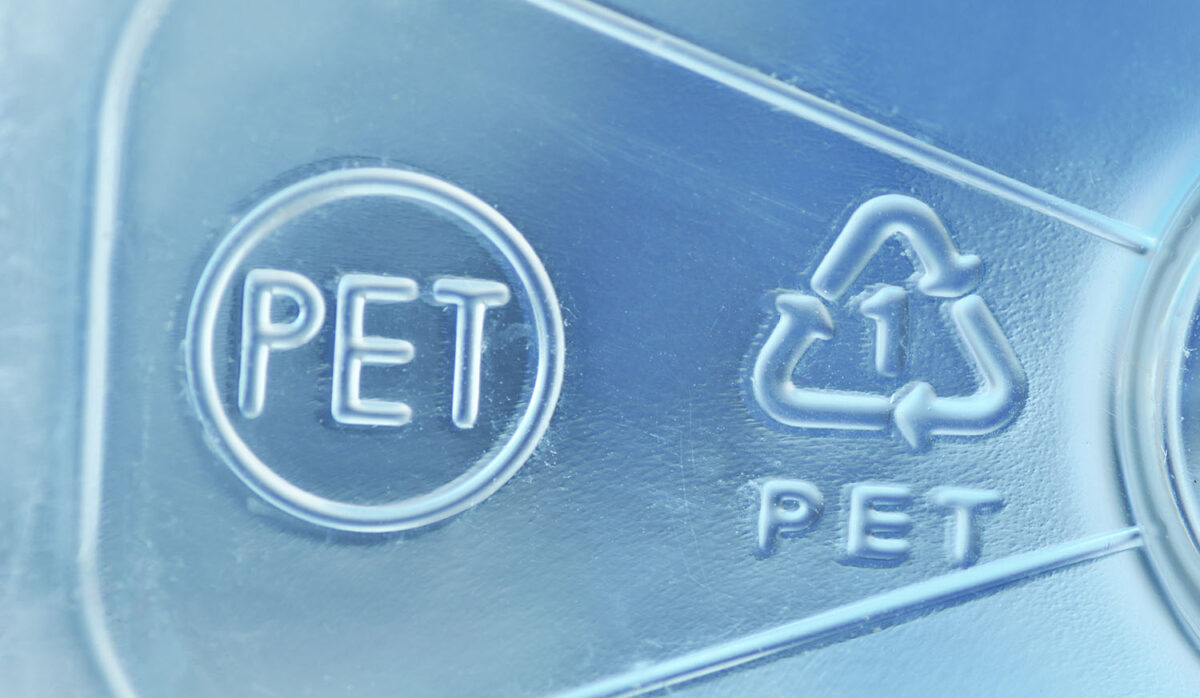New EU Regulation: What You Need to Know about Food Contact

New regulations for food contact materials are getting stricter, especially for food-grade rPET.
In the case of functional barriers from recycled material without prior decontamination, they could be affected and probably discontinued.
You can also read: Tackling the Complexities of PET Recycling
The introduction of the European Union’s new regulation, EU 2022/1616, on recycled plastic materials intended for food contact, marks a significant shift for recyclers and converters. This regulation, which affects about 44% of all plastic packaging in the EU, has been operational since 2022, replacing the former (EC) No 282/2008. A key update includes the classification of mechanical recycling technologies into “suitable” (with and without individual approval) and ‘novel’ categories. Mechanically recycled PET post-decontamination, and recycling of post-industrial in-house waste, fall under “suitable technology”. While other forms must be reauthorized as “novel technologies”, a process that could be both time-consuming and expensive.
Functional Barriers from recycled material without prior decontamination
The regulation’s stance on ‘sheets with functional barriers’ – A/B/A sheets made from recycled material without prior decontamination and co-extruded with virgin material – remains ambiguous. Classified as ‘novel technology’, there’s uncertainty regarding the effectiveness of barrier layers in preventing contaminant transfer. it requires special consideration because there is insufficient information available on the ability of the applied functional barriers to prevent migration to the food of contaminants contained in the recycled plastic over an extended period. The European Commission’s pending decision on a consortium’s application adds to this uncertainty, with approval timelines and applicability still unclear.
Amid these changes, manufacturers in the food contact packaging industry must prioritize legal compliance. Recent years have seen a trend towards using decontaminated recycled PET (rPET) that meets stringent regulatory requirements. The decontamination of recycled flakes before extrusion is vital for ensuring this compliance. Adopting technologies that can produce rPET sheets with varying levels of recycled content, up to 100%, while adhering to food safety standards set by authoritative bodies, ensures manufacturers benefit from regulatory compliance and food safety.
Monomaterial rPET
For those in the food contact packaging industry, there’s a crucial aspect to consider: compliance with legal standards. In recent years, the trend has been toward using recycled PET (rPET) that meets stringent regulatory requirements. The decontamination of recycled flakes prior to extrusion is a vital step in ensuring this compliance. Utilizing technologies that can produce rPET sheets, with varying levels of recycled content up to 100%, while adhering to food safety standards set by authoritative bodies like EFSA and FDA, is essential. Manufacturers benefit from adopting processes that align with these regulations, as it ensures food safety and leverages their experience in securing food contact approvals.
You can read the complete regulation here.
